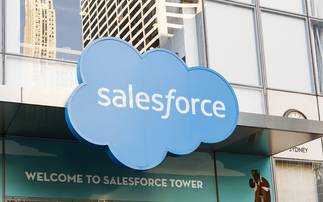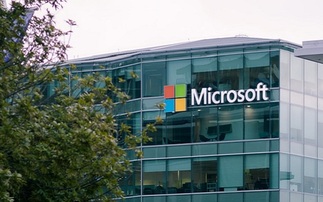Enterprise IT focus is key reason for IBM revenue boost, says Ovum analyst
Intel and IBM have released Q4 results that have exceeded financial analysts' expectations, while Microsoft and Google haven't done so well. IBM reported a net profit of $5.5bn (£3.5bn) for the ...
To continue reading this article...
Join Computing
- Unlimited access to real-time news, analysis and opinion from the technology industry
- Receive important and breaking news in our daily newsletter
- Be the first to hear about our events and awards programmes
- Join live member only interviews with IT leaders at the ‘IT Lounge’; your chance to ask your burning tech questions and have them answered
- Access to the Computing Delta hub providing market intelligence and research
- Receive our members-only newsletter with exclusive opinion pieces from senior IT Leaders






















